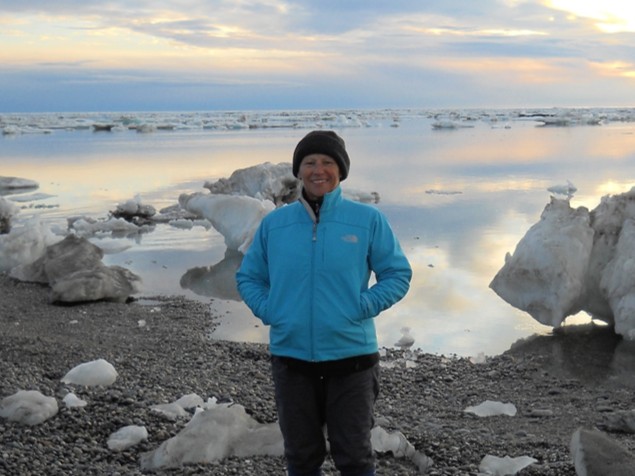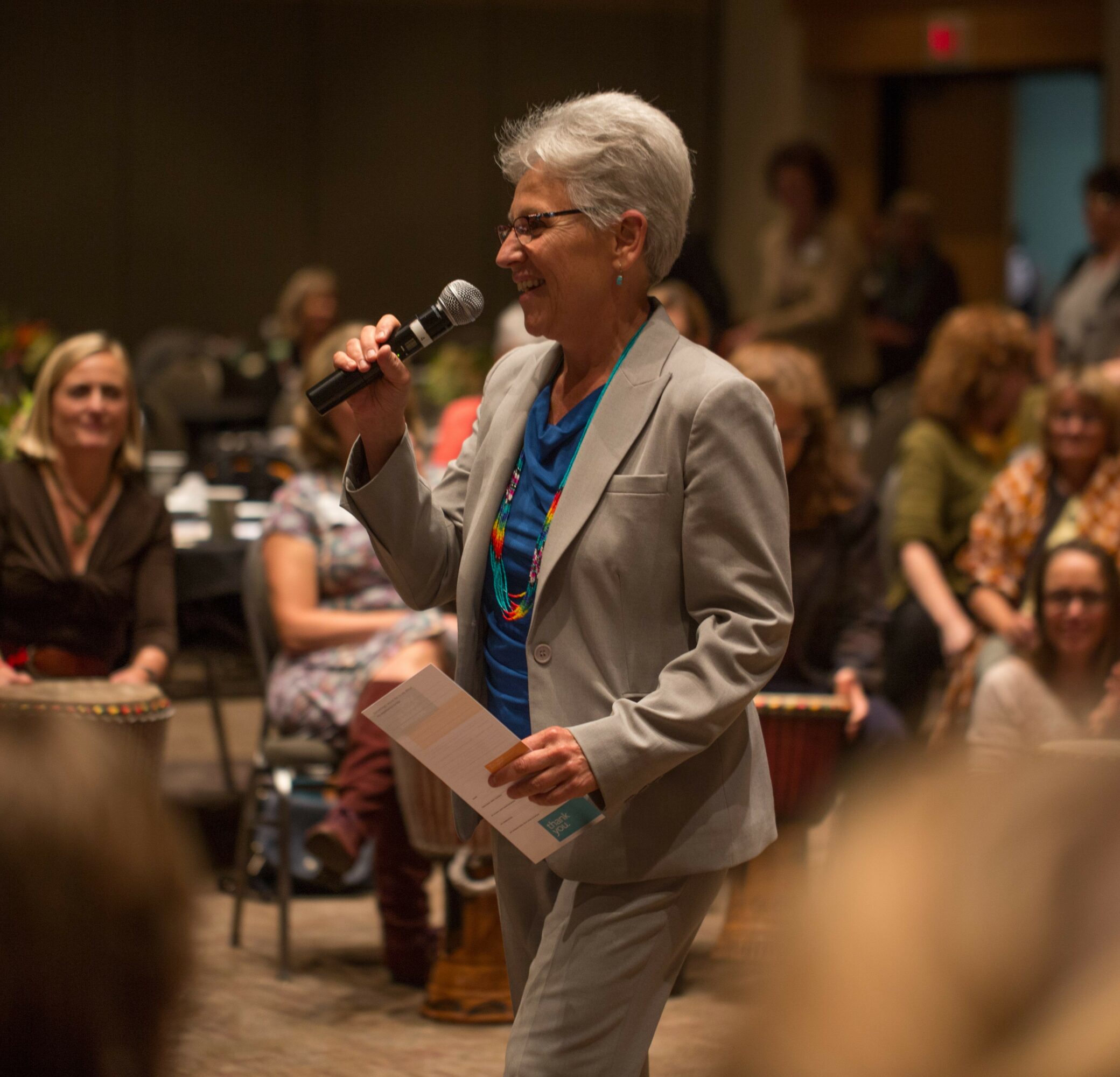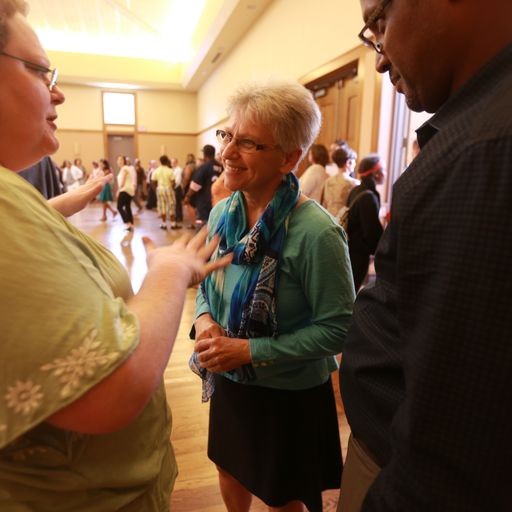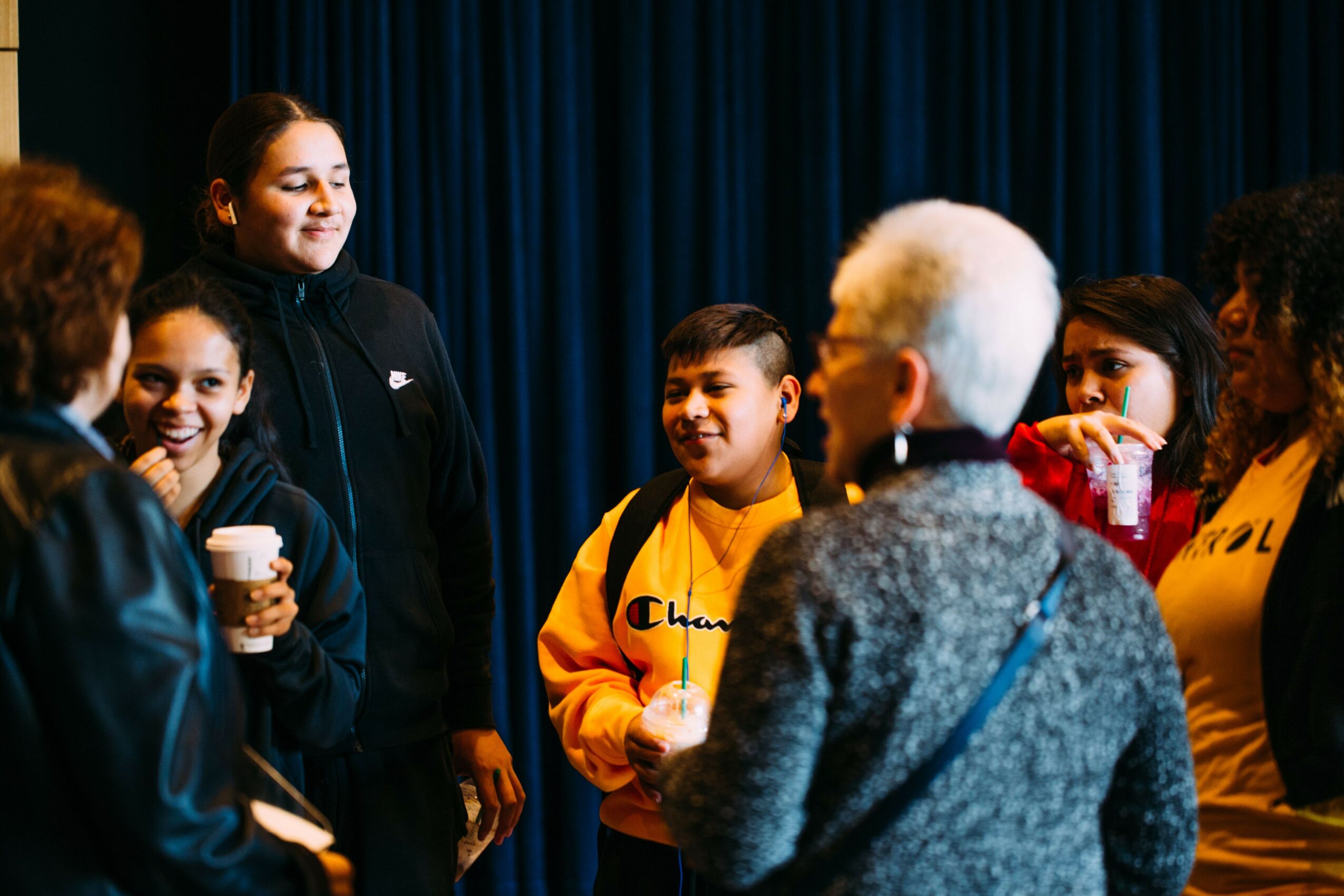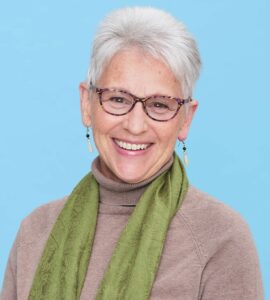 Today we’d like to introduce you to Suzanne Koepplinger.
Today we’d like to introduce you to Suzanne Koepplinger.
Alright, so thank you so much for sharing your story and insight with our readers. To kick things off, can you tell us a bit about how you got started?
From 2003 – 2014, I was the executive director of the Minnesota Indian Women’s Resource Center in Minneapolis. American Indian people suffer some of the highest health, economic and social disparities of any group. My staff dealt with traumatized families every day. Following the 2009 publication of a report on the scope of sex trafficking of American Indian women and girls in Minnesota, I noticed that this work unveiled a deeper pain, the historic and collective trauma that so many Native people carry with them was evident. We set about learning more about how to provide ways of healing that were not necessarily contained within a clinical mental health care system. It was the cultural, ceremonial, ancestral healing that people were seeking. At the same time, my own buried trauma from an early, very violent marriage was showing up, and I began a learning journey to discover how old wounds were impacting not only my health but my leadership.
In 2014 I was invited to lead a statewide initiative at the George Family Foundation called Catalyst. The Catalyst Initiative was an exploration into how we might foster integrative health and healing in communities where health disparities (and rates of trauma) were high. What resulted was 8 years of philanthropic investment in helping people access culturally meaningful, community-based trauma healing practices and foster self-care as true primary care.
This was revolutionary work! People recognized that caring for themselves was key to being the most compassionate, effective change agents the world needs us to be. Incredibly creative and sustainable ways of grounding healing work in the community were developed. In early 2022 I left philanthropy to launch my own consulting business – Catalyst North Consulting – to continue to foster healing-centered organizations and leaders.
I’m sure you wouldn’t say it’s been obstacle free, but so far would you say the journey has been a fairly smooth road?
Self-care and owning our intrinsic power to heal rubs up against a dominant cultural medical system and common narrative that prescribes a pill for every ill. I firmly acknowledge and appreciate the importance of clinical care for our mental and physical well-being. But healthcare systems are essentially disease care systems, designed to be there when things go wrong. Re-learning our own practices around how balanced nutrition, movement, spirituality, stress management, and positive social connections affect our minds, bodies, and spirits at times seems an uphill battle because it requires us to develop new ways of being.
There are challenges with providing sustained revenue models for non-clinical, non-billable services like yoga, meditation, and therapeutic massage that are proven effective for pain management. Healing from trauma and developing restorative practices to manage toxic stress are still often seen as luxuries only accessible to those who have resources, and there are few funding streams to support those who are on their own learning journey either as individuals or organizations.
Thanks – so what else should our readers know about your work and what you’re currently focused on?
As founder of Catalyst North Consulting, I provide resources, training, and connections for individuals, organizations and systems to understand how trauma and toxic stress impact our health, leadership, and organizational capacity. This is an emerging movement, there is no clear road map, so we are clearing the path as we walk. I bring to this work a combination of my own personal healing journey, my work leading a non-profit in the American Indian community, some successful legislative initiatives, big-picture thinking, and more recently 8 years of philanthropic leadership addressing toxic stress and trauma as core issues impacting all aspects of our lives.
It is my goal to a) increase philanthropic investment in healing work in the community and b) advance payment reform efforts that would boost awareness, access, utilization, and understanding of integrative and cultural healing practices. In the wake of a global pandemic, the murder of George Floyd, the climate crisis, and a toxic political environment, we are now seeing the data on how anxiety and depression have accelerated in school-aged children, how more people are dying of opioids, and other drug overdoses, burn out in key industries like health care, and how in some places, heightened emotions are driving policy decisions. Our existing systems are insufficient to handle these intertwining needs. Creating and supporting a true primary prevention menu of options that are grounded in geographic, demographic, and cultural ways is required.
What do you think about happiness?
I am happiest when on a remote hiking trail or wilderness river. My spirit comes alive in the North Woods.
Contact Info:
- Website: https://catalystnorth.org
- Linkedin: https://www.linkedin.com/in/suzanne-koepplinger-0748534
